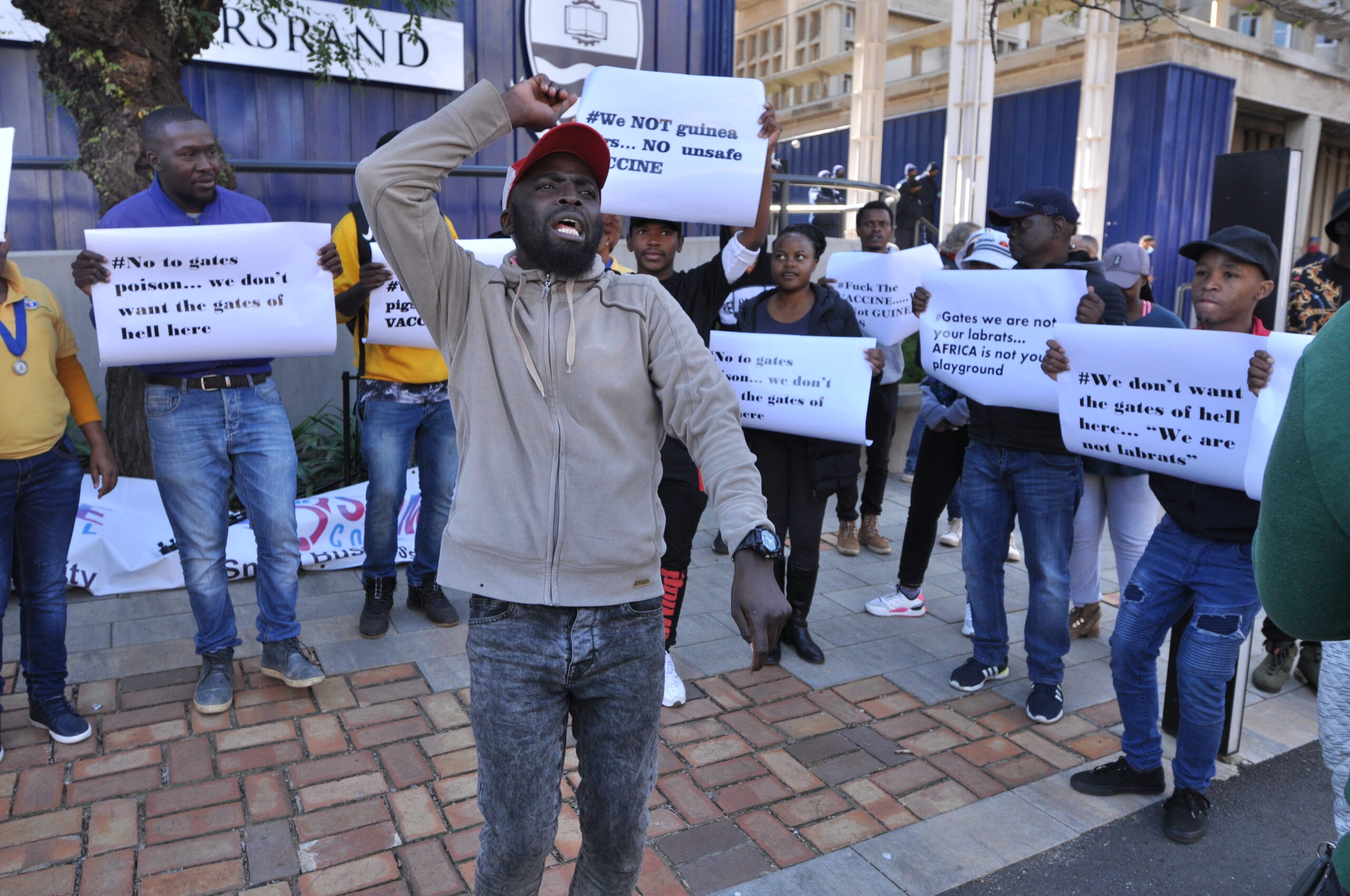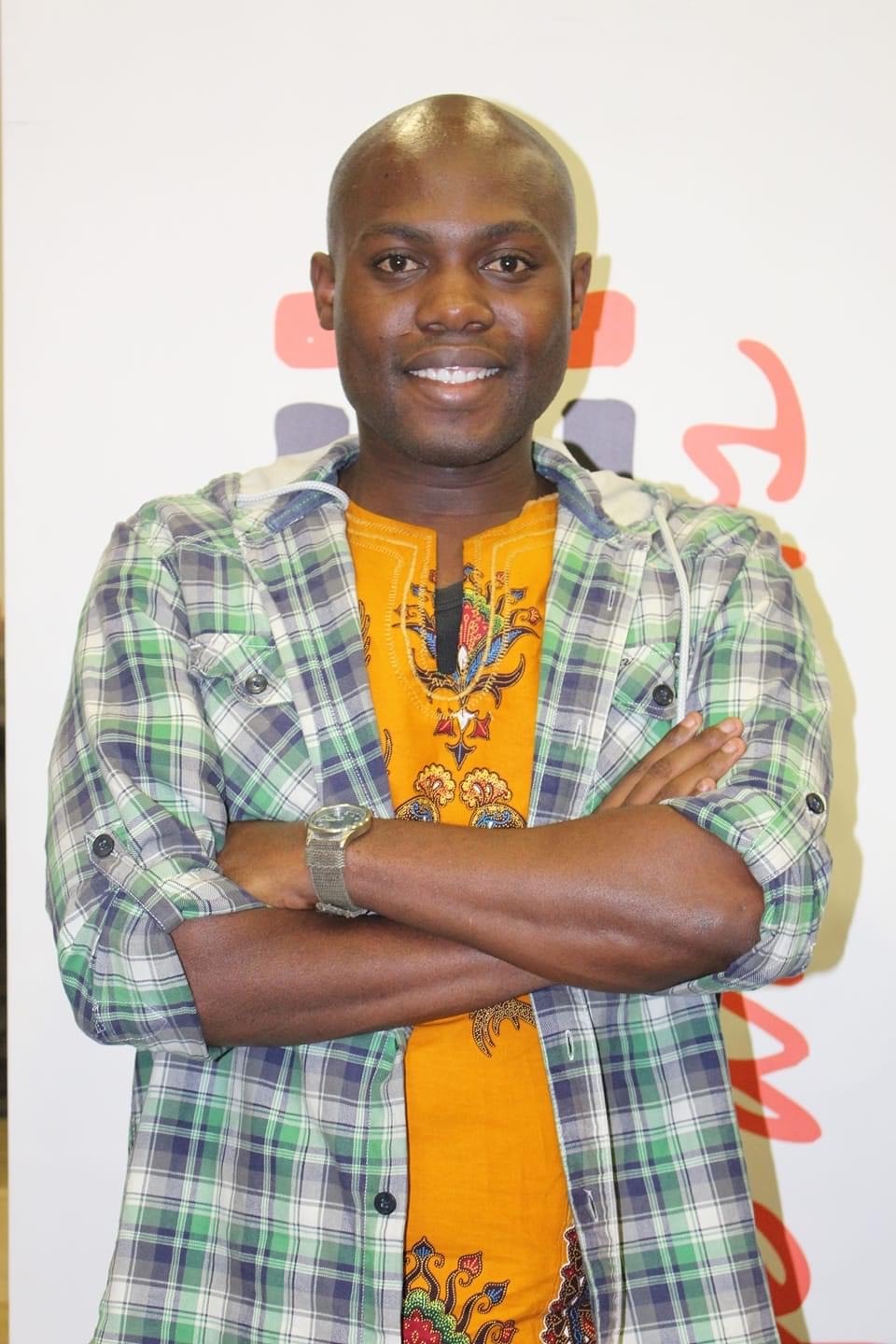Vaccine hesitancy is the greatest threat to South Africa’s Covid-19 vaccination programme which officially kicks off this week. Fear, a lack of transparency and media reports about vaccine side-effects have all fuelled the rumour mill in communities, both urban and rural.
The biggest challenge in overcoming the glut of fake news running unchecked through communities is to counter it with credible news about vaccines, that is easily understood, calms people’s fears about the safety of vaccines – and most importantly, is in everyone’s home language.
Pamphlets, posters and information on social media should have been rolled out months ago to counter fake news. But it is not too late. South Africa has a robust primary healthcare system that has gained much respect and trust in dealing with the TB scourge and HIV/Aids epidemic in the past. We have community healthcare workers who are trusted. We need to use the systems we already have in place and mobilise them to distribute information on vaccines and their safety, especially regarding the Covid-19 vaccines, so that people can make up their own minds about getting vaccinated.
I am worried, in my own community and in the communities we engage in. I’ve seen no gogos being registered, I’ve seen no posters, I’ve seen no teams going out into our communities to inform people about vaccines. Where is the mass mobilisation?
Yes, government must lead the campaign, but civil society and business must also get involved. Every business, every public building and every mall should have posters up about the safety and effectiveness of vaccines. After all, most of us have been vaccinated as children against disease, so we should not be afraid. We need to remind people that vaccines improve health and life expectancy. We need to gain public trust in our healthcare system and government messaging in this regard.
Vaccine hesitancy comes from things that don’t exist. It doesn’t make sense to me when people are combining things like concerns over 5G and the Covid-19 vaccines and other conspiracy theories. But maybe it makes sense to someone who is illiterate and fearful. That is why we want to say, hey, people will have unfounded fears because information is not getting through. Everything people hear in this regard is from someone else who doesn’t have the correct facts.
People are not sure about the Covid-19 vaccine because of the conspiracy theories around it. They are afraid people are trying to kill South Africans and young people and all of that. That is the main driver. But information is also not filtering through to communities, which is why people believe everything they read on social media and what other people say. When you have local politicians and other leaders in the community linking 5G to Covid-19 vaccines or even demonic possession, then of course some people may believe it.
We have had maybe four engagements on vaccine literacy with young people within Activate and one of the biggest challenges is the lack of information about Covid-19 and vaccines at grassroots level. When scientists speak on the radio and talk about herd immunity – what is it in your language? I can’t even explain what herd immunity is in my own language, isiZulu. So how do we fix that? Obviously, government, civil society, business, all stakeholders and so on must make sure all the information filters through. We need to print the material in most of the official languages and distribute it within communities so it can be used as a resource and given to people to study. We can use community radio, clinics, churches, traditional leaders and schools to distribute this information. Pay people to speak on community radio in their own languages to explain what the Covid-19 vaccine is and what it does.
The second biggest challenge is the handling of vaccines. People do not trust the government to handle Covid-19 vaccine distribution. Government has not been transparent in its communication about the acquisition of vaccines, the stoppages and so on. In all our engagement on vaccines, people raised the fact that they do not trust the government because of all the theft of personal protection equipment and food parcels and the other corruption around the whole issue of Covid-19 and lockdowns. We see all the stories in the media about corruption, but we don’t see anyone going to jail.
Another challenge is to find anyone to speak about vaccine literacy to address this vaccine hesitancy, as the situation in South Africa is sensitive and too fluid around vaccines. People are scared to share their opinions – from universities to private institutions and even the leadership within government institutions. We battled to find information to begin outreach in communities with our vaccine literacy programme. Eventually we found someone at the SA Medical Research Council to provide us with the correct information and talk to the young people in our health sector programme.
My advice to our country’s leaders is don’t use a top-down approach, open up the conversation, open up the government books and share your plans and strategy to get people vaccinated. We need that trust to be rebuilt in order for people to make informed decisions on the Covid-19 vaccines.
The Mail & Guardian is committed to developing tomorrow’s Thought Leaders through writing and editorial partnerships with youth organisations such as Activate!




